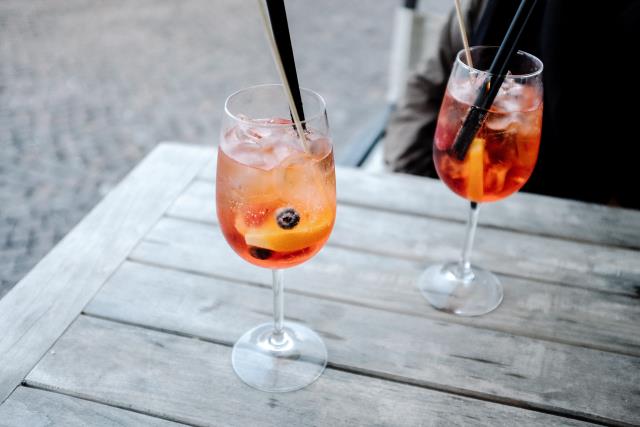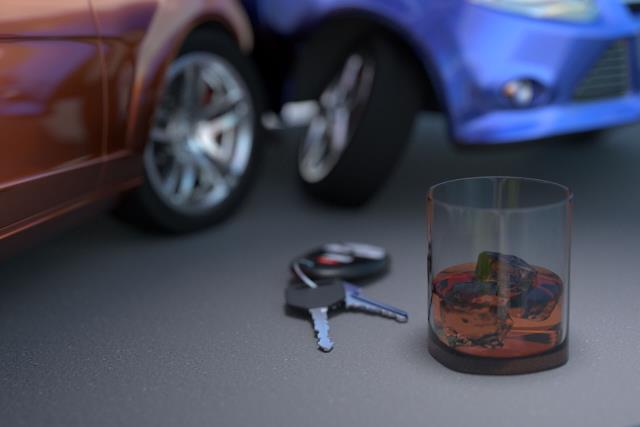By KATH GANNAWAY
FUNDING which will see the continuation of a partnership between Eastern Health and police dealing with acute mental health responses in Yarra Ranges has been welcomed by regional police.
The Victorian Government last week announced that Eastern Health would receive $909,000 as part of a new Mental Health and Police Response (MHaP Response) program.
Minister for Mental Health Mary Wooldridge said the funding was part of a $15.1 statewide investment over four years which would allow individual health providers, police and emergency services teams to develop their own, unique and local mental health crisis response.
Eastern Region Divisional Commander, Superintendent Graeme Arthur, said police had been working with Eastern Health as part of a trail program (PARTS) for the past two years where police and clinicians worked together in first response situations to mental health call-outs.
MHaP is a follow-on of that initiative for which funding into the future was uncertain.
Supt Arthur said while he hadn’t seen the detail of the funding as yet, any assistance which supported police in what was a 24/7 job for them, was very welcome.
The program involved a mental health clinician working with a police officer from Ringwood police station every day, covering the afternoon-night time frame when police get most call outs.
He said having a qualified mental clinician working to streamline a process which had in the past resulted in police taking a patient to hospital having to wait for several hours for admission, worked well.
“What this does is streamline a lot of the processes where a qualified mental health clinician can do all the paperwork before you get to hospital and that’s been a great benefit for us to be able to get the person to hospital safely and healthily and then go on about our business,” he said.
Supt Arthur said there had been an increase in the number of call outs for mental health in the Outer East where, next to family violence, it had become a significant issue for police dealing with situations which can turn into critical incidents for both police and for the community.
He identified the increase in ice as one factor, but said there were others including alcohol and other drugs.
Police have basic training in responding to situations where mental health is an issue, but Supt Arthur said it was an area where they would like to do more.
“Police aren’t trained mental health clinicians, but we’re expected to attend and do the best we can. If we could have a clinician working with police 24/7, we would do it,” he said.
Supt Arthur said while police will always be part of the response, they cannot be the solution.
“I guess what I would want to emphasise is that with any of problems we have, and ice is a big one, the expectation from the community and mental health is that police can solve these problems.
“We can go and respond to an incident, but we need long-term solutions and strategies to solve these problems. That comes from agencies, the broader community, service organisations, council … anybody who can provide support in relation to this issue and a lot of others so we can prevent – not just respond.”






